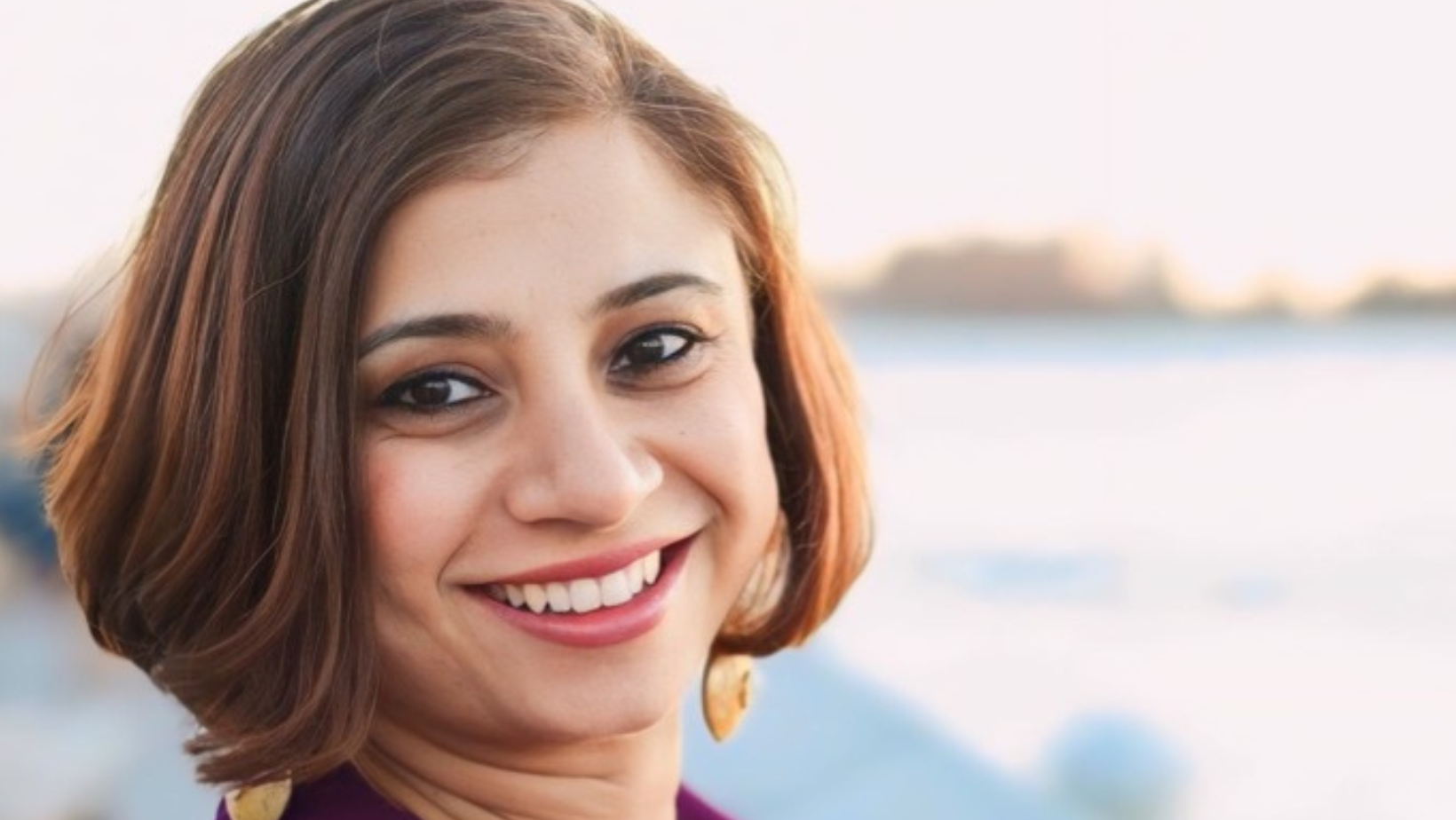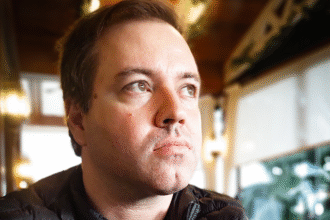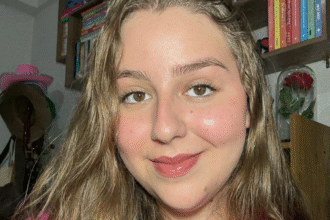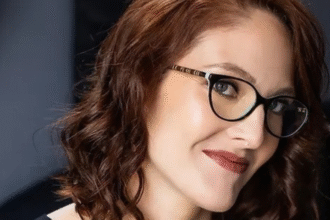Sweta Vikram, acclaimed author and Ayurveda specialist, released her latest book, “The Loss That Binds Us,” in April 2024 through Loving Healing Press. The work follows the principles of Ayurvedic practice, illuminating the existence of the 108 crucial “marma points” distributed throughout the body, offering a holistic approach to navigating the complex emotions associated with grief. Through her profound insights, Sweta provides readers with valuable guidance for coping with the loss of a loved one.
Divided into 108 practical tips, the book aims to help readers understand and process grief as part of a shared human experience. Sweta Vikram emphasizes the importance of holistic health and the power of Ayurveda, offering a comprehensive framework for dealing with the pain of loss. “The Loss That Binds Us” demystifies the myth of unhealthy grieving, inviting readers to explore their emotions, memories, and relationships surrounding the loss in a compassionate and understanding manner.
As a globally renowned figure, Sweta Vikram is a Doctor of Ayurveda, speaker, and author of 14 bestsellers. With a Master’s degree in Strategic Communications from Columbia University, her career is marked by publications in media such as The New York Times and NBC, as well as a collaboration with Dr. Deepak Chopra. Sweta has been recognized as “One of the Most Influential Asians of Our Time” and received the “Voices of the Year” award, standing out in publications from nine countries across three continents. “The Loss That Binds Us” is a beacon of solace, comfort, and inspiration for all who face grief, offering a sacred and transformative journey towards healing.
You share your Ayurvedic wisdom in “The Loss That Binds Us”. How do you see Ayurveda guiding people through the grieving process?
Grief is a universal concept, but everyone navigates it in their own unique way. That’s the beauty of Ayurveda; it’s a customized system of healing that honors the individual, the health and strength of their mind-body, and other factors.
Ayurveda suggests that we acknowledge the pain. Ayurveda reiterates that we need to digest and process our feelings and thoughts. If we do not, we risk those emotions getting stuck inside us. They can turn to ama (toxins) and manifest as disease in the physical and mental body. Healing must be (often) intentional and can start as baby steps. How else do we end the vicious cycle and anchor ourselves?
It reminds us that everyone experiences grief in their own unique way based on their individual mind/body type. When we speak of the body, we think of the three doshas of Vata, Pitta, and Kapha and offer suggestions based on doshic imbalances. As an Ayurvedic Doctor, when I refer to the mind, I mean the mahagunas of Sattva, Rajas, and Tamas. Depending on the doshas and mahagunas at play, a person will experience grief differently, and as an Ayurvedic practitioner … you can design personalized healing using diet, lifestyle, herbs, and other mindful practices.
By offering 108 tips in the book, you symbolize a transformative journey. How were these tips selected, and what impact do you hope they will have on readers?
The Loss That Binds Us provides concrete and realistic tools and tips for grievers at any stage in their journey. There is no “right” way to navigate grief but folding it up neatly and being in denial isn’t a healthy choice. This book in many ways reflects many aspects of my own grieving journey. Honestly, I wanted people to have a grief manual handy that keeps it real and helps them feel visible and relevant.
Yes, many of us are fortunate that after doing the hard work, we get to the other side of grief eventually. But when you are in the initial, raw, dark phase of grief … it can feel lonely, relentless, and hopeless. And someone lecturing you on healing can feel distasteful. These 108 tips encompass that journey in a very organic way.
The Loss That Binds Us gives people the permission to feel their feelings. It reminds them grief is constantly transforming, so it’s possible to go from not wanting to get out of your pajamas to launching a million-dollar company. The tips in the book—from acknowledging your emotions to navigating disappointments to working on letting go to maintaining a routine to being intentional with your selfcare to finding meaning to honoring a deceased loved one’s memory—work as a guide in your healing journey.
Your book challenges the myth of unhealthy grieving. Can you explain how it encourages readers to explore their emotions positively?
Within the context of my experience … I will say that I didn’t have the time to properly grieve the man who was my friend, critic, confidante, and safe space in the world. My father died unexpectedly, but two days later, my father-in-law passed away. In shuttling between cities, countries, continents, and families
… I had to put my grieving on hold because I was busy showing up for everyone else. That’s my inherent nature.
Who was anyone to say that a year after my father’s death … grieving him was unhealthy? I wasn’t being reckless in any form or hurting anyone else. I ate well, exercised, meditated, and helped others. Be it family or friends … I was there for their big and small moments, despite the ache in my heart. I got a doctorate in Ayurveda, wrote a book, grew my wellness company, completed a grief coaching certification, completed a business program—all within 13 months of Dad’s passing. At all these milestone moments, my father wasn’t there to celebrate, and his permanent absence will always hurt. I have accepted that he’s gone, but I miss him not being a part of our lives.
Losing both your parents leaves you wondering about your identity, purpose, relationships, and your own mortality. How can my grief go away overnight? And that’s what I mean by the myth of unhealthy grieving. It is very situational.
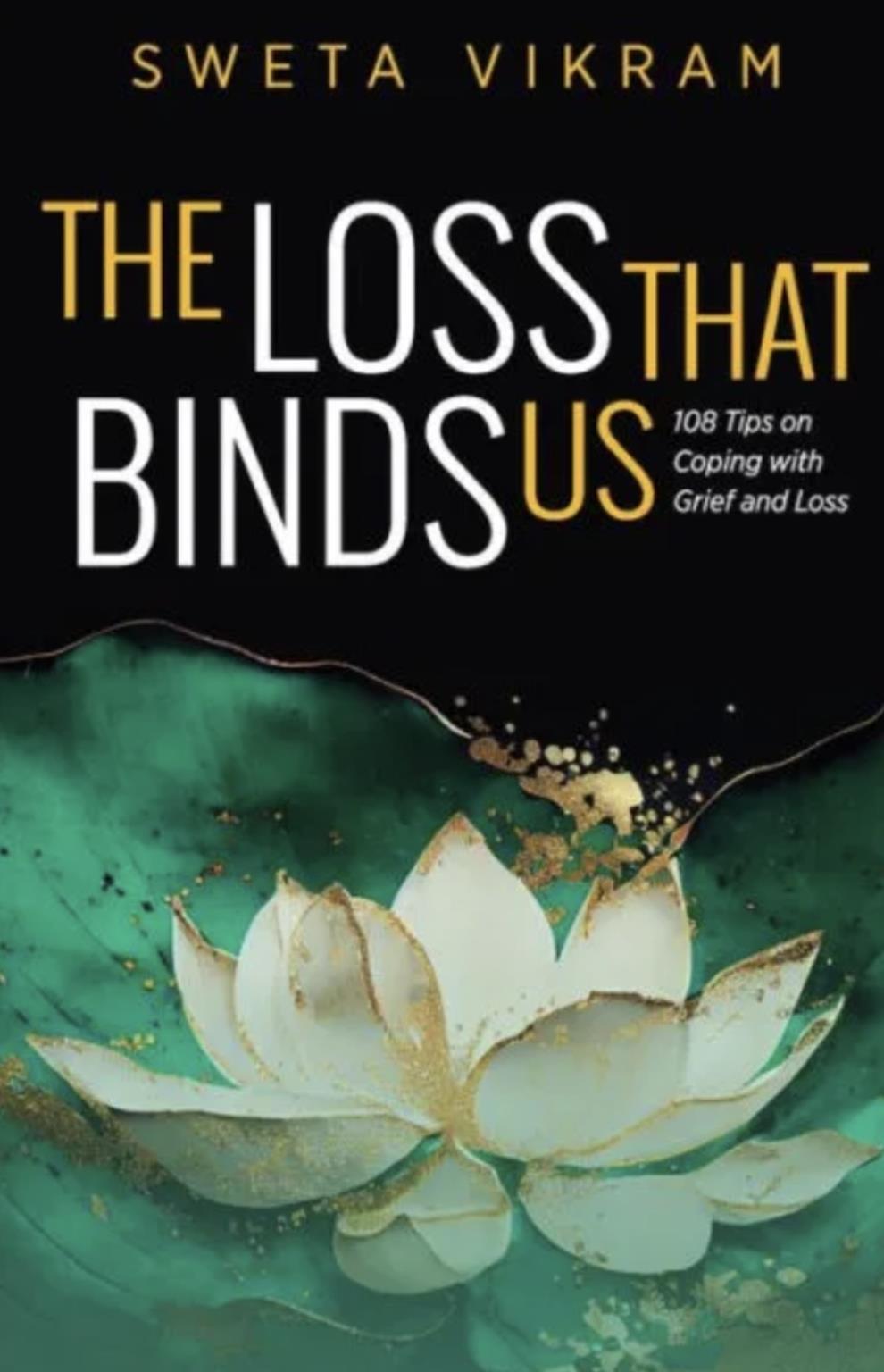
You mention the importance of understanding grief as a shared experience. How can your book offer comfort to readers who feel isolated in their pain?
Isolation further intensifies the pain and ache brought about by grief. In sharing our experiences around grief, we find our people who mostly get what we might be going through. In giving grief a voice, there finally comes a day where you can sit with it in healthy silence. Also, grief doesn’t come with a timeline, and healing doesn’t mean you have forgotten the person. By sharing our stories of grief, we feel visible and build communities.
In my book, much like in life, I am candid about my experiences. Just because I teach, write, speak, and raise awareness of grief management … it doesn’t mean I have it figured all out. I remember someone had said to me (two weeks after my father died), “Now that he’s gone, what to do. Just move on.” I was partly livid but mostly in shock with this woman’s insensitivity. She has a healthy family on both sides and a heart with zero empathy. When I wrote about this one experience, the number of people who reached out and said they’d had similar interactions. Shared experiences validate your story, which can be a source of comfort.
Besides your qualifications in Ayurveda, you have a Master’s degree in Strategic Communications and have collaborated with figures like Dr. Deepak Chopra. How have these experiences influenced your approach to writing this book?
Honestly, any book that I have ever written—The Loss That Binds Us is my 14th book—has always had a mind of its own. The topic chooses me, and then I immerse myself in exploring, researching, and writing it. These experiences of being in a documentary with Dr. Deepak Chopra or being interviewed by NBC and NPR are definitely good for my confidence … but they don’t impact what I write about. My Master’s degree in Strategic Communications from Columbia University prepared me to write really well and adhere to deadlines, but it had nothing to do with what I explored through my pen. Because I think as we evolve, so do our interests and what we want to share through our words.
You are globally recognized as a leader in Ayurveda and writing. How has your personal journey influenced your dedication to helping others face grief?
My own life experiences started the fire to write and share stories to help others heal … with the help of Ayurveda. I realized just how complicated and ugly grief is after losing my dad. My family had incredible support, but we also dealt with our fair share of insensitive jerks.
People suggested timelines for us to heal and move on. Then I saw grief comparison where my husband and his sister were told that their mom’s loss was bigger than theirs. I also encountered people who brought up grief hierarchy and competition. Talk about being gaslit and ghosted, dealt with that too, and it hit hard. Grief is isolating and imagine your grief being treated as contagious.
Losing both your parents at any stage of life can be very un-anchoring—irrespective of the relationship you shared with them. The same applies to a partner, sibling, close friend, or pet. Life never remains the same. It’s hard enough to lose a loved one and find your bearings after that. Imagine being told how to grieve, whom to grieve, how long to grieve … the inconsiderateness fueled my fire to help others.
With your track record of success and recognition, what message do you hope to convey to readers of “The Loss That Binds Us” about the healing process after loss?
Healing, much like grieving, is a unique journey. But for anyone who ever feels they have been able to navigate their grief and found some semblance of normalcy … they did the work. Be patient but show up to your healing journey. Or else, unaddressed and ignored grief might present itself in other areas of your life or even health. Take your time with this difficult phase, but also ask for help. You aren’t supposed to endure all this pain or figure out healing solutions by yourself.
The Loss That Binds Us looks at grief in its various facets and helps you identify what you are experiencing. Take a read; the 108 practical tips therein help navigate the multitude of emotions brought on by loss.
Follow Sweta Vikram on Instagram

